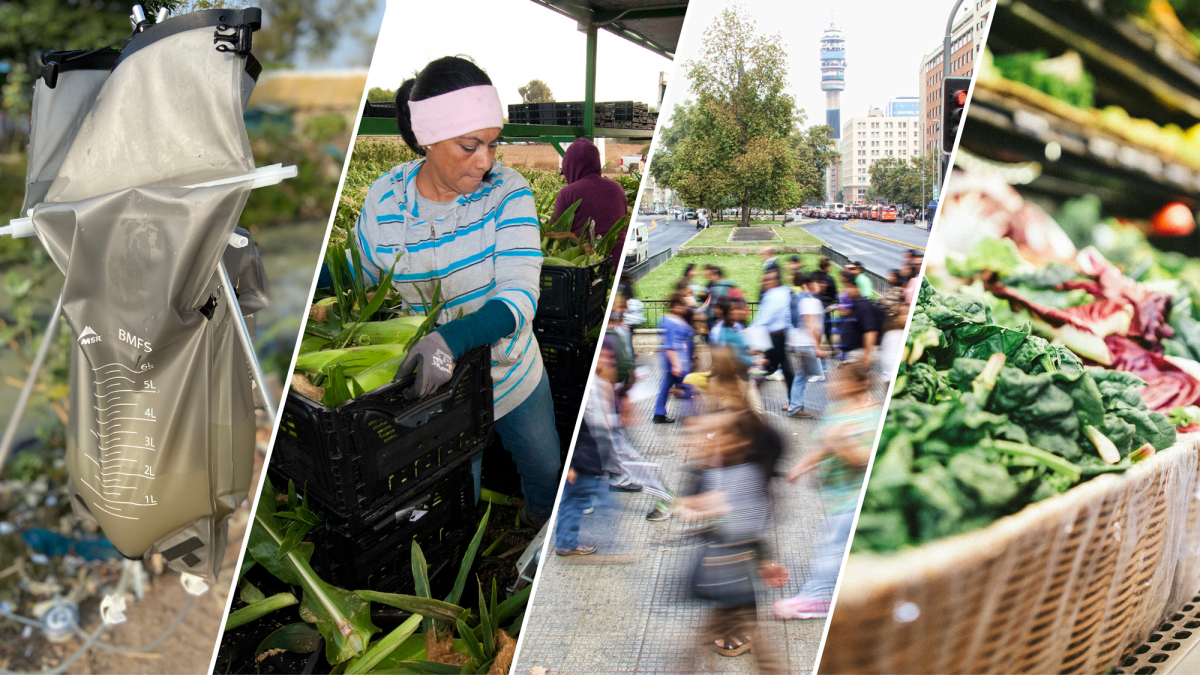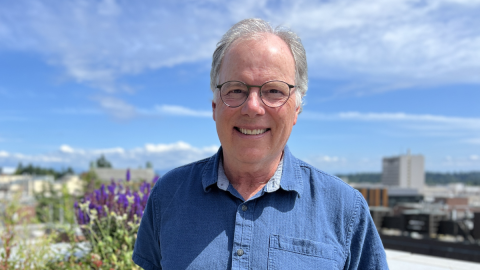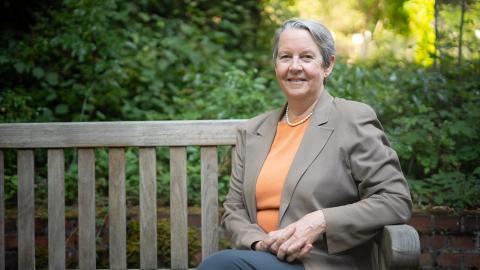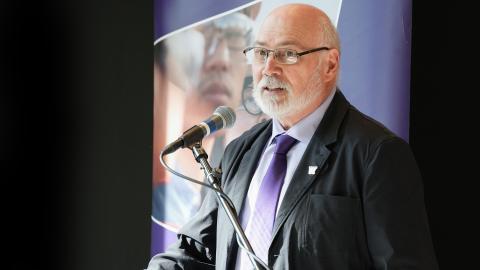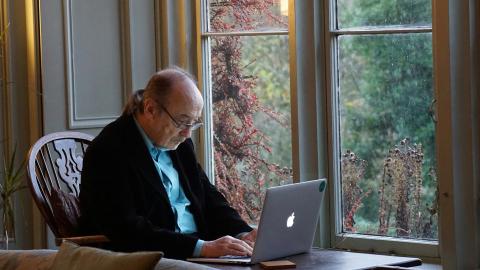The University of Washington Department of Environmental & Occupational Health Sciences (DEOHS) was recently awarded funding for four new projects to address the health effects of the COVID-19 pandemic.
The grants from the UW Population Health Initiative are intended “to rapidly accelerate our understanding of, or approach to mitigating, the impacts of this pandemic, which is touching every aspect of our lives,” said Ali H. Mokdad, the UW chief strategy officer for population health.
Results from the projects are expected in August.
DEOHS COVID-19 grants
Optimization of environmental surveillance methods for SARS-CoV-2.
DEOHS Professor Scott Meschke designed a portable filtration system that detects poliovirus in the environment before the disease shows up in people. The grant will help Meschke’s team adapt and validate that same method for SAR-CoV-2, the new coronavirus that causes COVID-19. The method could become part of national surveillance programs in low- and middle-income countries to provide early detection of the virus before it is found in clinical cases.
Developing culturally relevant messages for farmworker safety and health in the COVID-19 pandemic.
The team includes Edward Kasner, June Spector and Maria Blancas from DEOHS, along with Carmen Gonzalez, Department of Communication; Gino Aisenberg, School of Social Work; and Elizabeth Torres, El Proyecto Bienestar.
The team will work with farmworkers to develop scientifically sound COVID-19 public service announcements, radio spots, social media messages and infographics to reach farmworkers with accurate occupational safety and health messages.
Assessment of disparities in COVID-19 testing and outcomes in King County: Implications for cumulative impacts in low-income, minority and health-compromised communities.
The team includes Stephanie Farquhar, Edmund Seto, Esther Min and BJ Cummings from DEOHS.
Major US cities are reporting racial disparities in the death rates from COVID-19, with African American and Latino populations experiencing higher death rates than whites in those cities.
The project will compile data to develop a comprehensive understanding of racial and geographic disparities in COVID-19 testing and deaths in King County and compare any disparities detected to known risk factors for susceptibility to COVID-19 by race and zip code, including underlying health conditions, environmental conditions and socioeconomic influences such as poverty and access to health care.
Examining the impact of the COVID-19 pandemic on food systems, food security and food access in Washington.
The team includes Jennifer Otten and Sarah Collier from DEOHS, along with Adam Drewnowski, Department of Epidemiology; Laura Lewis, Community and Economic Development, Washington State University; James Buszkiewicz and Chelsea Rose, Department of Epidemiology; and Alan Ismach, Department of Health Services and Center for Public Health Nutrition.
The team will examine how the pandemic has affected food security and access in Washington’s five most affected counties. The study will provide insights to state agencies trying to respond to rapid-scale alterations in the food system and in food demand.
Across the UW School of Public Health, 21 faculty-led teams spanning 10 different schools and colleges at the University were awarded COVID-19 rapid response grants. The grants were partially matched by additional school, college and departmental funds, bringing the total awarded amount to approximately $820,000.
